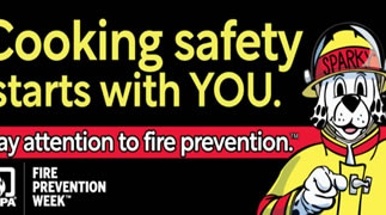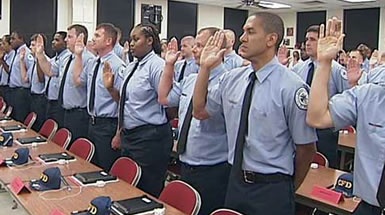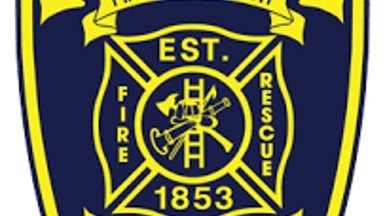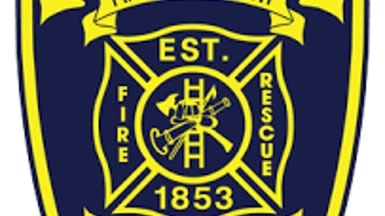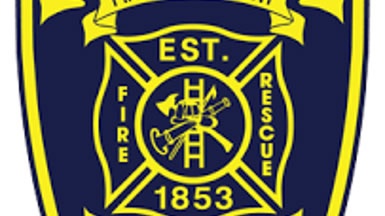Home Care Instructions for Mild Respiratory Infection
Home Care Instructions for Mild Respiratory Infection
After EMS Evaluation
You were evaluated by the paramedics and your symptoms were felt to be mild enough at this point that it is recommended that you self-isolate or quarantine at home. Most people with respiratory infections like colds, the flu, and Coronavirus Disease (COVID-19) will have mild illness and can get better with appropriate home care and without the need to see a provider.
TREATMENT AND MEDICAL CARE
Treatment
There is no specific treatment for most viruses including those that that cause the common cold and those that cause COVID-19. Sometimes there is treatment for the viruses that cause influenza if given early. Antibiotics treat infections caused by bacteria, but they do not work against viruses.
Most people recover on their own from these viruses, including COVID-19. Here are steps that you can take to help you get better:
• Rest
• Drink plenty of fluids
• Take over-the-counter cold and flu medications to reduce fever and pain. Follow the instructions on the package, unless your doctor gave you instructions. Note that these medicines do not “cure” the illness and therefore do not stop you from spreading germs.
• Children should not be given medication that contains aspirin (acetylsalicylic acid) because it can cause a rare but serious illness called Reye’s syndrome. Medicines without aspirin include acetaminophen (Tylenol®) and ibuprofen (Advil®, Motrin®). Children younger than age 2 should not be given any over-the-counter cold medications without first speaking with a doctor.
Seeking Medical Care
You should seek medical care if you are not getting better within a week, or if your symptoms get worse.
It is best to call ahead of time to discuss your symptoms, if possible. This may allow you to receive the advice you need by phone. By avoiding a visit to a healthcare facility, you protect yourself from getting a new infection and protect others from catching an infection from you. If you do visit a healthcare facility, put on a mask to protect other patients and staff.
Additional resources and checklists are available by calling the Ohio Department of Health or at their website:
1-833-4-ASK-ODH (1-833-427-5634)
coronavirus.ohio.gov
It is recommended that you seek medical care or call 911 right away for serious symptoms such as:
- Difficulty breathing, shortness of breath
- Can’t keep fluids down
- Dehydration
- Confusion
- Other serious symptoms
PROTECTING OTHERS
Follow the steps below to help prevent the disease from spreading to people in your home and community.
Stay home when you are sick
• Stay home - do not go to work, school, or public areas.
• Stay home for at least 24 hours after your symptoms have gone away without the use of fever-reducing medicines.
If you must leave home while you are sick, try to avoid using public transportation, ride-shares, and taxis. Wear a mask if possible whenever you may be around other people.
Separate yourself from other people and animals in your home
• Stay in a specific room and away from other people in your home as much as possible. • Use a separate bathroom, if available.
• Try to stay at least 6 feet from others.
• Do not handle pets or other animals while you are sick.
Cover your coughs and sneezes
• Cover your mouth and nose with a tissue when you cough or sneeze. Throw used tissues in a lined trash can; immediately wash your hands.
Avoid sharing personal household items
• Do not share dishes, drinking glasses, cups, eating utensils, towels, or bedding with other people or pets in your home. Wash them thoroughly with soap and water after use.
Clean your hands often
• Wash your hands often with soap and water for at least 20 seconds. If soap and water are not available, clean your hands with an alcohol-based hand sanitizer that contains at least 60% alcohol, covering all surfaces of your hands and rubbing them together until they feel dry. Use soap and water if your hands are visibly dirty.
Clean all “high-touch” surfaces every day
• High touch surfaces include counters, tabletops, doorknobs, bathroom fixtures, toilets, phones, keyboards, tablets, and bedside tables. Also, clean any surfaces that may have body fluids on them. Use a household cleaning spray or wipe, according to the product label instructions.
Cincinnati Fire Department Mission Statement
"The mission of the Cincinnati Fire Department is to protect lives and property, and to minimize the suffering of its customers during emergencies. The Cincinnati Fire Department strives to quickly restore normalcy to its customers' lives by responding to their needs in an expeditious manner."
The Cincinnati Fire Department was organized in 1853 and is the nation's oldest fully paid professional fire department, which is why we are proud to be "First in the Nation."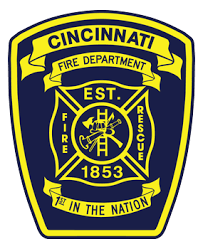
The CFD continues to seek new methods and ideas to improve and increase the level of services provided to the citizens of this community. It will continue to provide its hallmark prompt, courteous and professional service that is consistent with the CFD’s tradition and the City of Cincinnati’s high standards.


